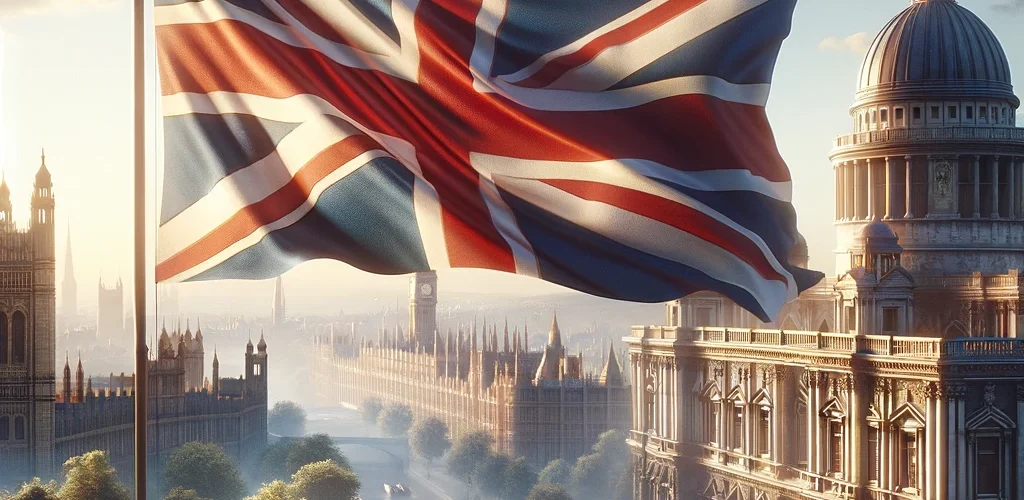A San Antonio, Texas, caller wonders: What’s a good word for a shortcut that ends up taking much longer than the recommended route? You might call the opposite of a shortcut a longcut, or perhaps even a longpaste. But there’s also the...
A listener from Abilene, Texas, recounts the incredulous reaction he got when he was in England and asked some burly fellows for a dolly, meaning a wheeled conveyance for moving heavy loads. He asked for a two-wheeler, then a hand truck, and finally...
If you watch British police procedurals, you’ll likely come across the term to grass someone, meaning “to inform on someone” or “to rat someone out.” It’s a bit of British rhyming slang that originated with the 19th...
Americans pronounce the letter Z like “zee,” while those in other English-speaking countries say “zed.” That’s because Noah Webster proposed lots of Americanized pronunciations and this is one of the few that stuck...
An East Tennessee caller wonders about the phrase “cutting a head shine,” meaning “pull off a caper” or “behave in a boisterous, comical manner.” Cutting a head shine derives from an alternate use of shine...
Students in New England might refer to playing hooky from school as bunking, or bunking off. Jonathon Green’s Dictionary of Slang traces the term back to the 1840s in the British Isles. This is part of a complete episode.








